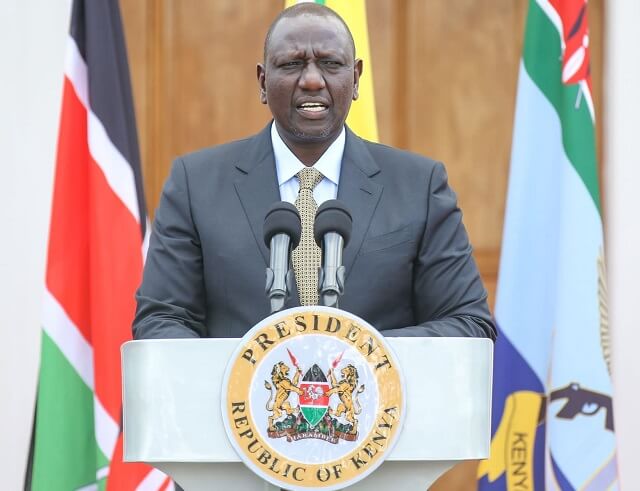The crypto market is revamping after a slump that saw investors suffer billions of dollars in losses.
Market or financial research institutions estimate that the number of crypto owners in East Africa currently is almost 12 million.
Tripple-A, a Singaporean cryptocurrency research firm, estimates that 11.7 million East Africans own cryptocurrencies: 6.1 million in Kenya, 2.3 million in Tanzania, and two million in the Democratic Republic of Congo.
But these figures, according to some analysts, paint a picture of a society well-informed about cryptocurrencies and dominantly financially literate, which is not the case in East Africa.

David Gitonga, the founder of BitcoinKe, a blockchain and cryptocurrency media centre based in Nairobi, told The EastAfrican that their engagements with people in the region reveal that few are aware of cryptocurrencies and many have no utility for them.
“Crypto ownership is largely determined by knowledge and need. Most people still don’t know how to set up a wallet. At the same time, the need to own crypto is not there, especially in a bear market,” he said in a written response.
Social influence
Gitonga’s sentiments are consistent with a 2019 study done in Spain, which revealed that 84 percent of the differences in the use of cryptocurrencies are explained by social influence, perceived risk and expectancies, all of which relate to awareness and financial literacy.
Another research done in Malaysia and published by the Technology in Society Journal last month also showed that the level of understanding of cryptocurrencies played a significant role in determining their adoption, along with social influence and attitude.
According to a survey done in Kenya by the Technical University of Mombasa, the level of participation in the crypto market, especially among the youth, is significantly lower than the level of awareness. The survey revealed that 97 percent of Kenyans aged between 18 and 34 are aware of cryptocurrencies, but just 24 percent participate in the markets.
Gitonga said the awareness levels are much lower among older people and rural residents, who are less financially literate, as evidenced by the Kenya National Bureau of Statistics 2021 financial access survey.
As such, Gitonga said, it is illogical to say that crypto owners in Kenya are more than six million, when 74 percent of the Kenyan adult population is financially literate.
“The most reliable source of crypto ownership data is from crypto exchanges. Currently, peer-to-peer (P2P) exchanges dominate the Kenyan market, and from their numbers, active user accounts trading frequently are fewer than 100,000 across all these exchanges,”Gitonga said.
Triple-A did not respond to our inquiry on how they reached their statistics on crypto ownership in East Africa and whether they did any primary survey verifying their data.
No primary data
According to their website, they weighted 16 reports and surveys to arrive at their statistics and not registered accounts on crypto exchanges in the region.
In addition, none of their reports states whether there was specific primary data collection in the region.
Chainalysis, an American crypto research firm, whose statistics are often quoted as well, also does not use the number of registered accounts to determine crypto ownership statistics. Instead, they assess the volume of transactions done in African currencies on popular exchanges.
“Most research about crypto ownership is biased because it seeks to appeal to investors for funding. They are also mostly done by foreign firms that regurgitate wrong figures that are not authenticated,” Gitonga added.
Our attempts to access data on the exact number of registered accounts in East Africa were futile. According to Gitonga, there are about 500,000 active accounts registered in Kenya, barely a tenth of the estimate.
SOURCE: THE EAST AFRICAN
XXXXXXXXXXXXXXXXXXXXXXXXXXXXXXXX







